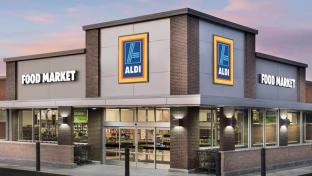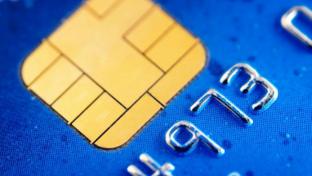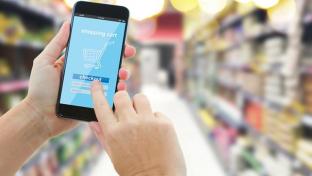-
Study: Cash is still king for U.S. consumers
Despite the rise of electronic, mobile and contactless payments, physical currency remains a favored choice for consumers in the United States. This was according to “In Cash Consumers Trust. But How Do Retailers Make it Pay?,” a report from cash technology solutions provider Glory. The study is based on responses from 1,500 consumers in the U.S., U.K. and Australia. -
Contact-free payment speeds up checkout at discount grocer
Aldi is making it easier for customers to pay for purchases. The fast-growing deep-discount grocer now accepts all forms of contactless payment, including Apple Pay, Google Wallet and Android Pay. All options are available across Aldi’s nearly 1,700 stores nationwide. Shoppers can pay for their groceries by tapping their contactless-enabled bank card, smartphone or other wearable device on a dedicated payment terminal.











